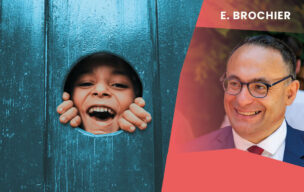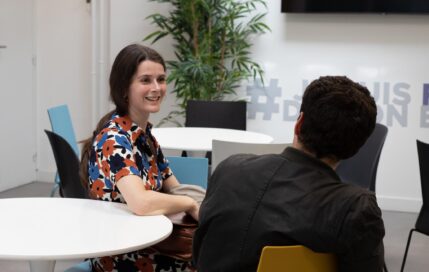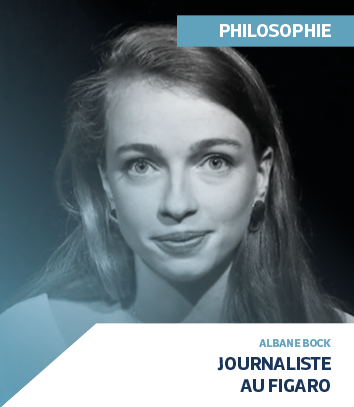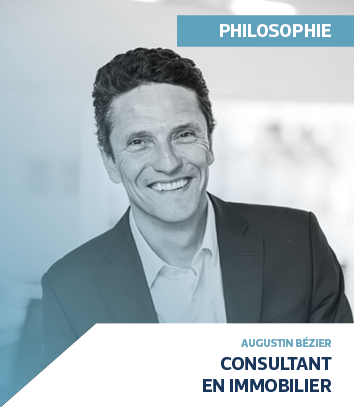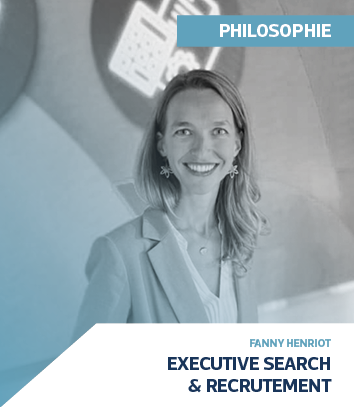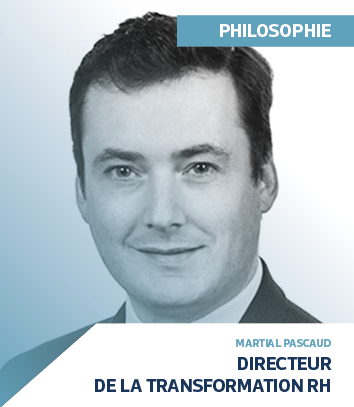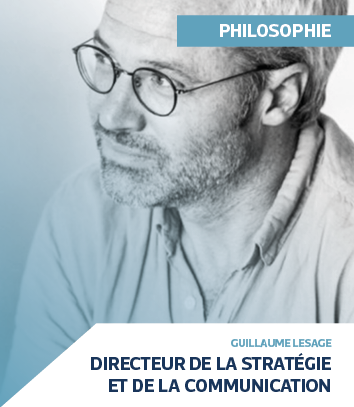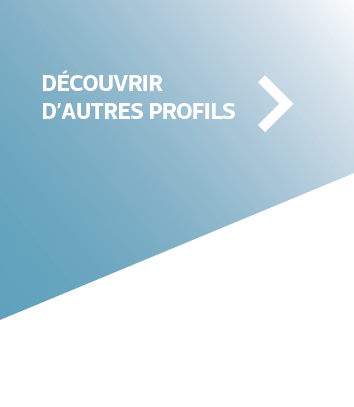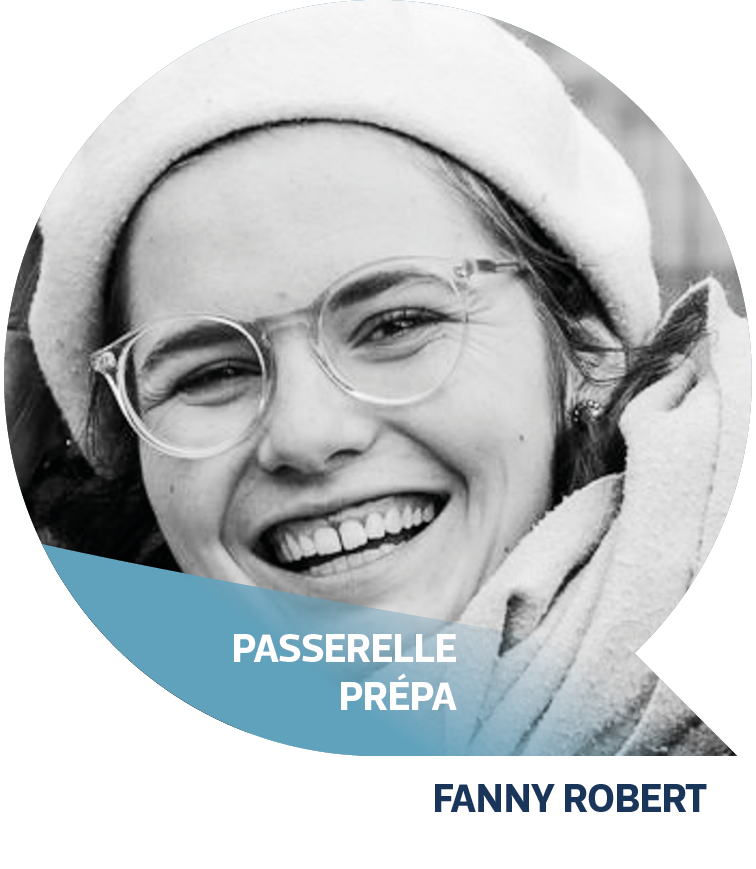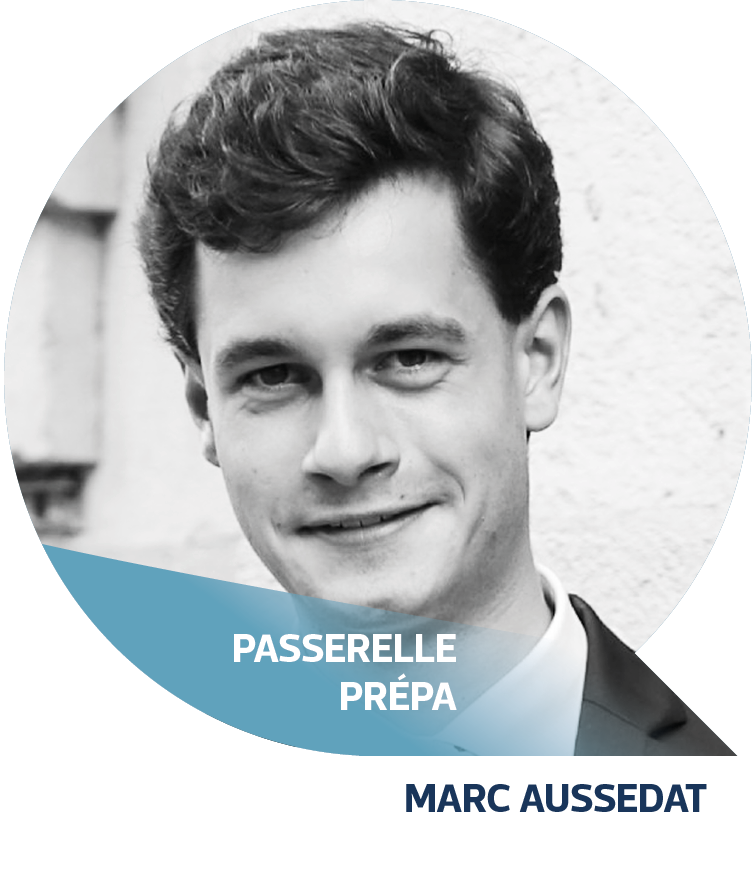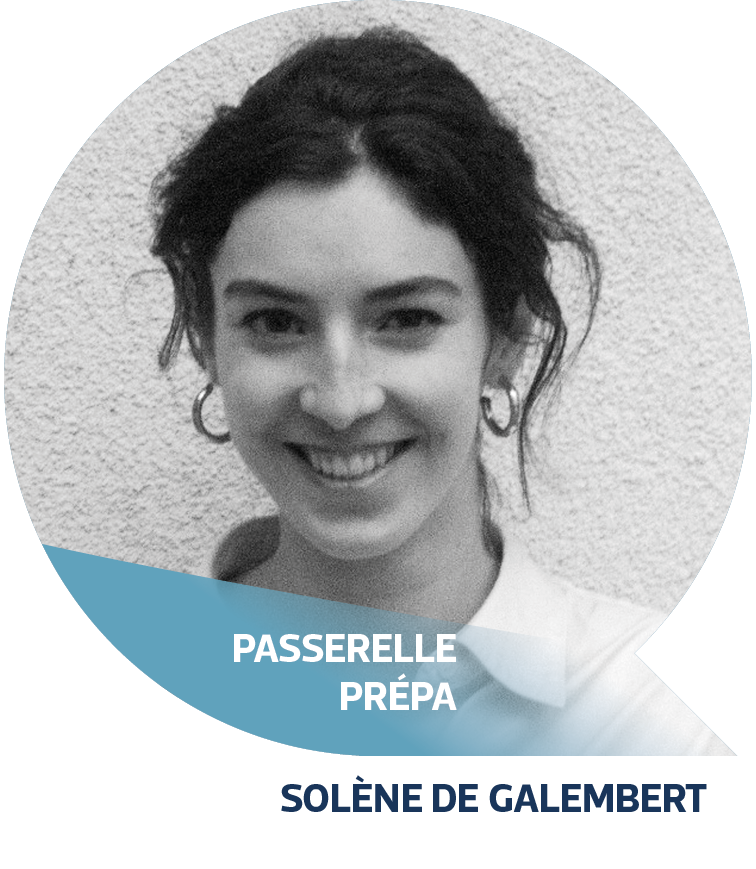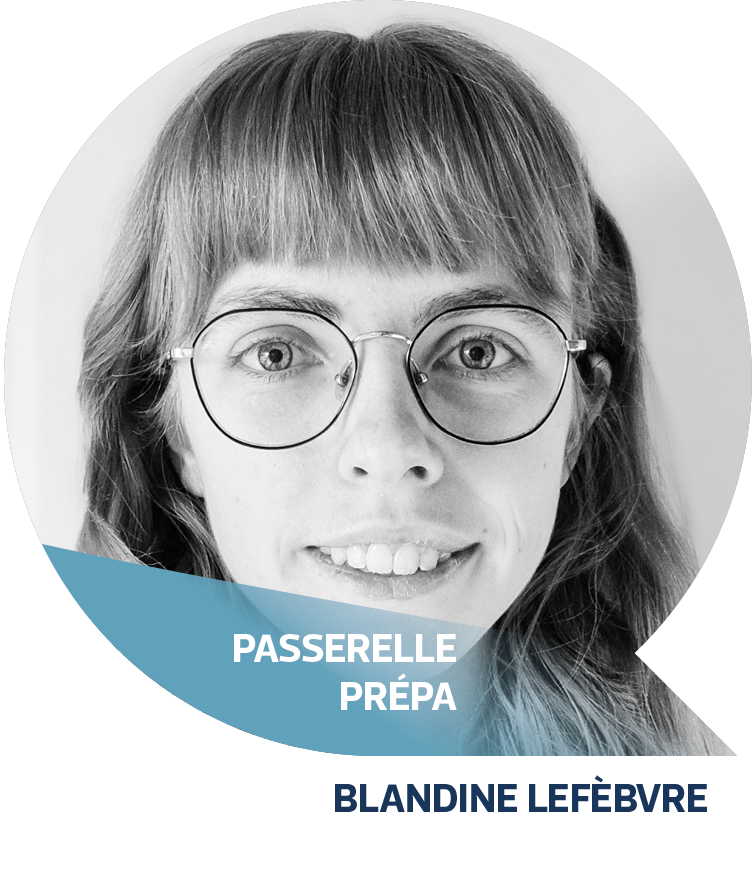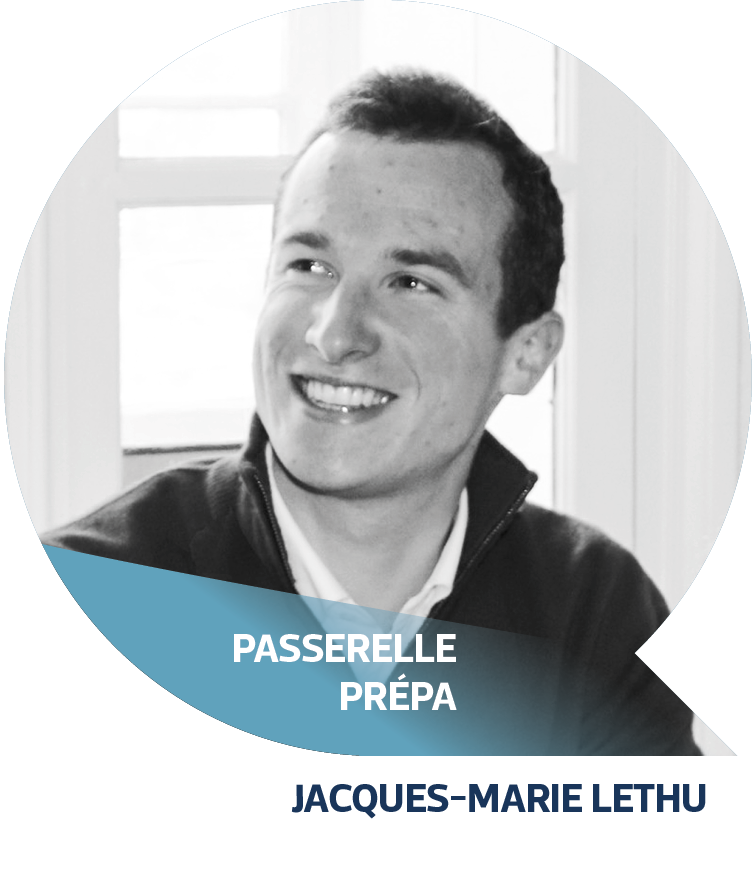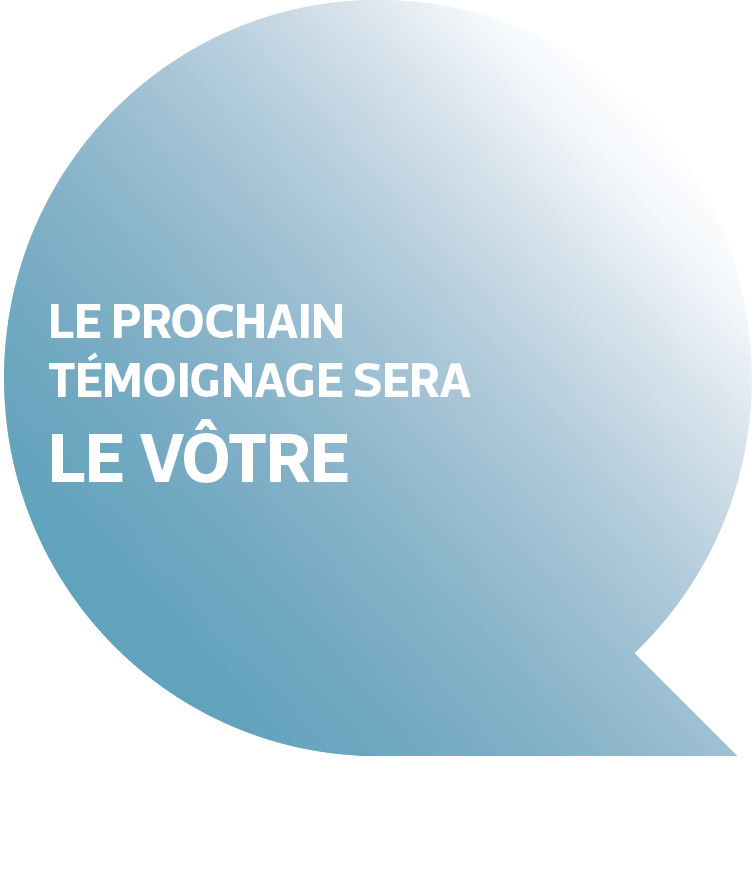- Licence de Philosophie
- Licence de Psychologie


Licence de Philosophie
Se cultiver, servir, poser les bonnes questions, transmettre
Une formation pour comprendre les enjeux de demain et prendre appui sur les réussites du passé
Vous voulez comprendre le monde et ses évolutions ? Valoriser la personne humaine dans toutes ses dimensions ? Suivre une formation interdisciplinaire ?
Le pouvoir de distinguer les mots, les idées et les choses
La philosophie permet de :
- Clarifier le langage
- Interroger nos croyances
- Expertiser la valeur des choses
Comprendre le monde et ses évolutions
- Aller aux fondements du droit, des sciences politiques, des sciences humaines
- Découvrir le management et ses relations avec le bien commun
- Appréhender les enjeux des nouvelles technologiques
- Evaluer les méthodes et la portée des sciences expérimentales
- Comprendre le sens d’une œuvre d’art
- Valoriser le rôle de l’éducation au sein de la société
Valoriser la personne humaine dans toutes ses dimensions
- Appréhender la place de l’homme dans la nature devant l’urgence écologique
- Découvrir le sens de la liberté
- Aller au fondement de la bioéthique et de l’éthique médicale
- Etudier le transhumanisme et le posthumanisme à la lumière de la connaissance de l’Homme
- Comprendre l’homme dans sa dimension religieuse
- Repérer à travers l’Histoire les différentes visions de la personne humaine
Immersion, engagement, passion, discernement, actualité, changement, vision, intelligence
- Interpréter l’actualité : questions autour de la nature (écologie, biotechnologies, etc.), du bien commun et de la subsidiarité, de l’IA et de l’homme augmenté, etc.
- Accompagner les changements : garder le sens de l’humain à l’heure de la IVème révolution industrielle.
- Avoir une vision et juger avec intelligence
- S’immerger dans le monde professionnel : des stages chaque année, un forum des entreprises, du mentoring et un accompagnement par des professionnels de l’orientation.
- S’engager avec passion et discernement
Au quotidien, les étudiants peuvent solliciter en plus de leurs professeurs :
- Leur responsable d’année
- Les assistants pédagogiques
- Le responsable des stages
- Le psychologue de l’orientation
- Le responsable de la vie universitaire
- Le responsable de la bibliothèque et des ressources numériques
Travaux de groupes, cours de méthodologie, tutorat, entraînements réguliers aux examens sont organisés par l’IPC.
- Travaux en équipe
- Exercices de méthodologie : savoir construire un raisonnement, apprendre à disserter et à expliquer un texte
- Améliorer son expression écrite avec le certificat Voltaire
- Un contrôle continu soutenu avec des devoirs sur tables, des oraux et des travaux d’études et de recherche
- Un tutorat adapté
- Se former à une grande variété de disciplines : littérature (classique et moderne), histoire, droit, sciences politiques, langues vivantes (anglais, allemand, italien, espagnol), psychologie, mathématiques (option), management, communication, etc.
- être capable d’utiliser en philosophie les ressources d’un autre champ disciplinaire : notamment la Psychologie, le Droit et les Sciences Politiques, à l’occasion des conférences universitaires et du travail d’étude et de recherche (TER).
- être capable d’utiliser “dans un autre champ disciplinaire” les ressources de la philosophie : l’Éthique, l’Épistémologie, et une connaissance précise et complète des grands auteurs et des principaux modes de procéder de la Philosophie.
Après l’obtention d’une Licence de Philosophie, les étudiants peuvent poursuivre leurs études en master de philosophie :
- Master d’Éthique et Politique
- Master d’Histoire de la Philosophie
- Master d’Ésthétique
- Master généraliste
Ils peuvent également se diriger vers :
- Master de Ressources Humaines
- Écoles de Commerce PGE
- Écoles de Communication
- Écoles de Journalisme
- Master en Littérature, Histoire, Sciences de l’Éducation, Humanitaire
La philosophie, et après ?
Les étudiants en parlent !
Licence 1 - Année des introductions
Semestre 1
Philosophie générale I
- Penser et savoir
- La connaissance de la vie
Histoire de la philosophie
- Histoire de la philosophie grecque 1
- Histoire de la philosophie moderne 1
Introduction à l’épistémologie
- Épistémologie des sciences humaines et sociales
- Philosophie des sciences
Histoire des idées politiques
- Introduction à l’histoire des idées politiques Antiquité, Moyen- ge, Modernité
- Introduction à la sociologie
Compétences transversales et linguistiques
- LVE 1
- Méthodologie du travail universitaire
- Introduction au PIX
Lettres et culture 1
- Littérature
- Langue latine
- Options (2 au choix)
Semestre 2
Philosophie générale II
- La question du sens
- Méthodologie disciplinaire : la dissertation en philosophie
Histoire de la philosophie
- Histoire de la philosophie grecque II
- Histoire de la philosophie moderne II
Philosophie politique
- L’Éthique à Nicomaque
- Égalité, liberté, droits et modernité politique
Philosophie des sciences
- Introduction à la philosophie des mathématiques
- Hasard et nécessité en sciences
Compétences transversales et linguistiques
- Méthodologie du travail universitaire
- LVE1
Lettres et culture II
- Sciences de l’Éducation
- Littérature
- Histoire de l’art
- Langue latine
- Option ( 2 aux choix )
Licence 2 - année des consolidations
Semestre 3
Histoire de la philosophie
- Les Lumières
- Platon
Philosophie morale et politique
- Individu et société
- Praxis et habitus
Histoire et philosophie des sciences
- La dynamique aristotélicienne et la mécanique moderne
- Brève histoire de la cosmologie et architecture de l’Univers
Philosophie de l’esprit et méthodologie
- Philosophie de l’esprit : la nature des états mentaux
- Méthodologie disciplinaire : l’explication de textes
Compétences transversales et linguistiques III
- LVE 1
- Techniques de la communication
Lettres et culture III
- Sociologie du travail
- Latin et textes philosophiques
- Options ( 2 au choix )
Semestre 4
Philosophie générale III
- La notion de personne
- La question de la technique
- La problématique de la violence
Histoire de la philosophie
- Kant
- Histoire de la philosophie médiévale
Philosophie pratique
- Le lien social
- Les théories de la justice
Philosophie de la nature
- Problématiques matérialistes
- Faits, lois et théories scientifiques
Compétences transversales, linguistiques et préprofessionelles I
- LVE 1
- Initiation à la Recherche
- Module préprofessionnel : rédaction de CV et recherche de stage
- Pratique du discours oral 1
Lettres et culture IV
- Sociologie des religions
- Latin et textes philosophiques
- Options ( 2 au choix )
Licence 3 - année des spécialisations
Semestre 5
Philosophie générale IV
- Questions de métaphysique
- Préparation aux épreuves orales d’admission aux concours d’enseignement I
Histoire de la philosophie
- Husserl et Heidegger
- Philosophie analytique I
- Hegel : les Principes de la philosophie du droit
- Histoire de la philosophie médiévale II
Philosophie des savoirs et des pratiques
- Épistémologie des sciences sociales
- Les concepts de normes et d’exclusion
- Bioéthique
Renforcement disciplinaire
- Logique des propositions
- Reading and writing scientific reports
- Islam et philosophie arabe
Initiation à la Recherche I
- Ter en Philosophie
- Options : participation aux activités de recherche en Philosophie, séminaire en sociologie
Compétences transversales, linguistiques et préprofessionnelles II
- Stage et rapport de stage
- LVE 1
- Options ( 2 au choix )
Semestre 6
Philosophie générale V
- Réalisme et liberté
- Préparation aux épreuves orales d’admission aux concours d’enseignement II
Histoire de la Philosophie
- Hegel I : l’Esthétique
- Histoire de la philosophie médiévale III
Philosophie des sciences III
- Épistémologie de la biologie évolutive
- Sciences et éthique
Renforcement disciplinaire
- Philosophie analytique II
- Esthétique
Initiation à la recherche II
- Options : TER en philosophie et conduite de groupe
- Participation aux activités de recherche en Philosophie
Compétences transversales, linguistiques et préprofessionnelles I
- Tutorat, animation et conduite de groupe
- Projet professionnel et parcours de formation
- Pratique du discours oral II
- LVE1
- Options ( 2 au choix )
Les débouchés en chiffres
Poursuite d’études dans des Masters autres que la Philosophie
Poursuite d’études en Master de Philosophie


